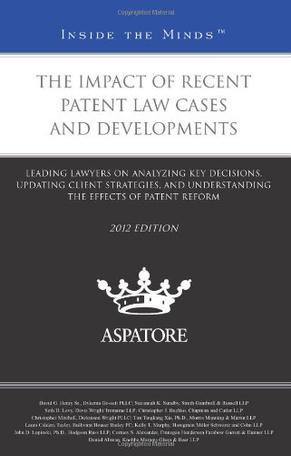Understanding the Impact of Blaisdell v. Home Building and Loan: A Landmark Case in Contract Law
#### Blaisdell v. Home Building and LoanThe case of Blaisdell v. Home Building and Loan is a significant landmark in the realm of contract law, particularly……
#### Blaisdell v. Home Building and Loan
The case of Blaisdell v. Home Building and Loan is a significant landmark in the realm of contract law, particularly in relation to the enforcement of contracts during times of economic distress. This case emerged during the Great Depression, a period marked by widespread financial hardship, and it raised critical questions about the balance between the enforcement of contractual obligations and the need for economic relief.
#### Background of the Case
The Blaisdell v. Home Building and Loan case originated in Minnesota in the 1930s when the state legislature passed the Minnesota Mortgage Moratorium Law. This law aimed to provide temporary relief to homeowners who were struggling to meet their mortgage payments due to the financial crisis. The law allowed for the postponement of mortgage payments, which was intended to prevent widespread foreclosures and provide borrowers with a chance to recover financially.

The Home Building and Loan Association, a mortgage lender, challenged this law after it was invoked by a borrower named Blaisdell. The lender argued that the law violated the Contract Clause of the U.S. Constitution, which prohibits states from passing laws that impair the obligation of contracts. The case ultimately reached the U.S. Supreme Court, where the justices had to weigh the constitutional protections of contracts against the pressing need for economic relief during a national crisis.
#### The Supreme Court's Decision
In a landmark decision, the Supreme Court upheld the Minnesota Mortgage Moratorium Law, ruling in favor of Blaisdell. The Court determined that while the Contract Clause does protect the sanctity of contracts, it does not provide absolute immunity from legislative action, especially in times of emergency. The justices recognized that the state had a legitimate interest in preventing widespread foreclosures and maintaining the stability of its economy.
The ruling emphasized that states have the authority to intervene in contractual relationships when faced with significant economic challenges. The Court's decision marked a pivotal moment in the interpretation of the Contract Clause, illustrating a willingness to adapt constitutional protections in the face of dire economic circumstances.

#### Implications of the Ruling
The implications of the Blaisdell v. Home Building and Loan decision were far-reaching. It set a precedent for future cases involving the balance between contract rights and the need for economic regulation. The ruling signaled to states that they could enact laws aimed at providing relief to borrowers without necessarily violating the Constitution, as long as such laws were reasonable and necessary in the context of an economic crisis.
This case also opened the door for further legislative actions aimed at protecting consumers during financial downturns. It highlighted the importance of considering the broader economic context when evaluating the enforceability of contracts, especially in situations where public welfare is at stake.
#### Conclusion

In conclusion, Blaisdell v. Home Building and Loan serves as a critical case study in the intersection of contract law and economic policy. It illustrates the judiciary's role in balancing individual contractual rights with the collective needs of society during challenging times. The decision remains a cornerstone in understanding how legal frameworks can adapt to evolving economic realities, ensuring that justice and fairness prevail even in the most trying circumstances. As we reflect on the lessons from this case, it becomes clear that the law must be flexible enough to respond to the needs of the people it serves, particularly in times of crisis.